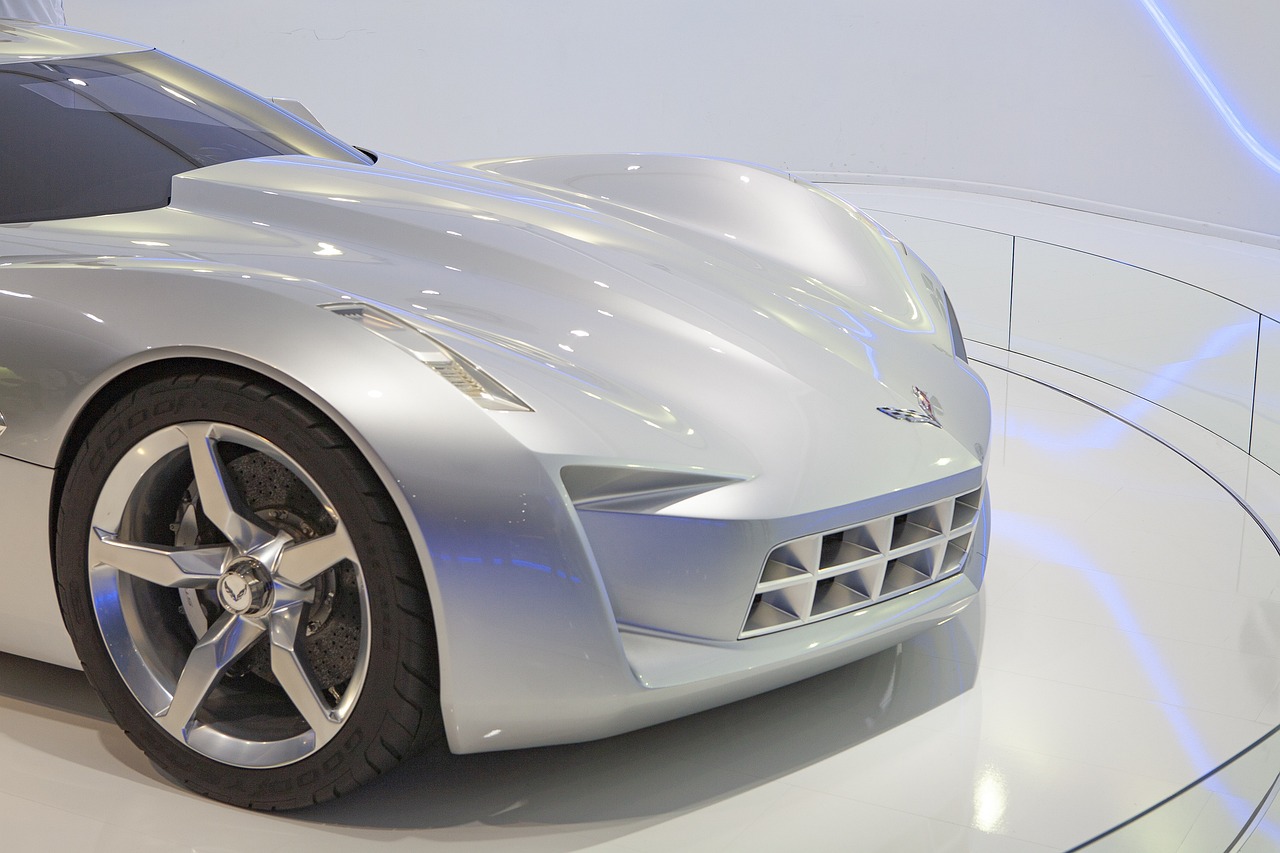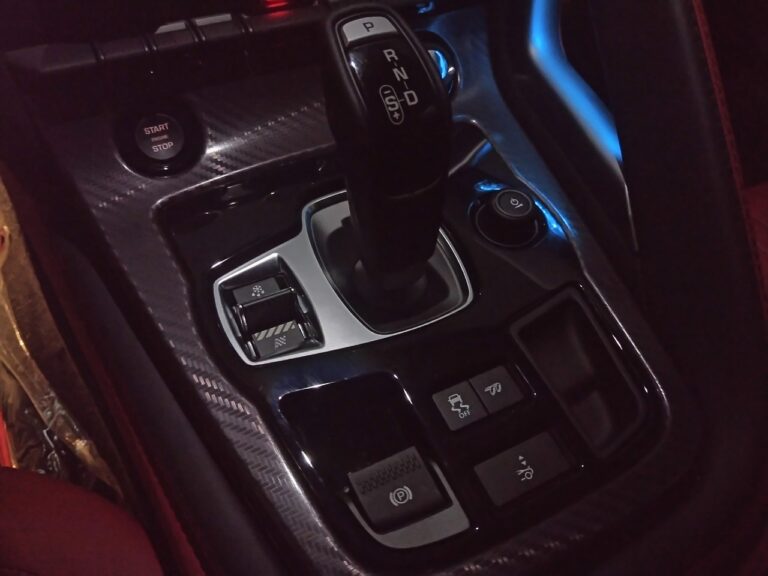Addressing Noise Reduction Strategies for High-Performance Automobiles
11xplay online id, diamondexch9 login, sky exchange registration:Addressing Noise Reduction Strategies for High-Performance Automobiles
Driving a high-performance automobile can be an exhilarating experience, with the roar of the engine and the rush of acceleration creating a sense of power and freedom. However, along with the thrill of high speed comes the inevitable downside of increased noise levels. Excessive noise in a high-performance vehicle can detract from the driving experience, making long journeys uncomfortable and causing fatigue over time. In this article, we will explore some effective noise reduction strategies for high-performance automobiles, helping drivers to enjoy a quieter and more refined driving experience.
Understanding Noise Sources in High-Performance Automobiles
Before delving into noise reduction strategies, it’s essential to understand the various sources of noise in high-performance automobiles. Some of the primary sources of noise in a high-performance vehicle include:
1. Engine Noise: The engine is one of the loudest sources of noise in any vehicle, and high-performance engines can produce even more noise due to their increased power output.
2. Exhaust Noise: The exhaust system in a high-performance vehicle can generate significant noise, especially at high RPMs.
3. Road Noise: The sound of tires on the road, wind noise, and other external factors can all contribute to the overall noise level inside the vehicle.
4. Vibrations: Vibrations from the engine, suspension, and other components can produce noise that is transmitted through the vehicle’s structure.
By understanding these sources of noise, drivers can implement targeted noise reduction strategies to address each specific issue.
Effective Noise Reduction Strategies for High-Performance Automobiles
1. Sound Deadening Materials: One of the most effective ways to reduce noise in a high-performance vehicle is to install sound deadening materials. These materials, such as acoustic foam, mass-loaded vinyl, and butyl rubber, can help to absorb and block sound waves, reducing overall noise levels inside the vehicle.
2. Insulation: Insulating the vehicle’s interior can also help to reduce noise levels. Adding insulation to the doors, floor, roof, and other areas can help to block out external noise and vibrations.
3. Upgraded Exhaust System: Installing a high-quality aftermarket exhaust system can help to reduce exhaust noise while also improving performance. Look for exhaust systems that are designed to minimize noise without sacrificing power.
4. Tuned Suspension: A well-tuned suspension can help to reduce vibrations and noise transmitted through the vehicle’s structure. Upgrading to high-quality suspension components can help to achieve a smoother and quieter ride.
5. Aerodynamic Improvements: Improving the vehicle’s aerodynamics can help to reduce wind noise at high speeds. Consider adding a front lip spoiler, rear diffuser, or other aerodynamic enhancements to streamline airflow around the vehicle.
6. Soundproofing: In addition to sound deadening materials and insulation, consider adding additional soundproofing to specific areas of the vehicle, such as the engine bay or wheel wells.
By implementing these noise reduction strategies, drivers can enjoy a quieter and more refined driving experience in their high-performance automobiles.
FAQs
Q: Will adding sound deadening materials to my high-performance vehicle affect performance?
A: While adding sound deadening materials can add weight to the vehicle, the impact on performance is typically minimal. The benefits of a quieter and more comfortable driving experience often outweigh any slight decrease in performance.
Q: Can I install sound deadening materials myself, or should I hire a professional?
A: While installing sound deadening materials can be a DIY project for those with some experience, hiring a professional installer can ensure proper installation and optimal results. Consider your skill level and comfort with automotive projects before deciding whether to tackle the installation yourself.
Q: Are there any downsides to reducing noise in a high-performance vehicle?
A: While reducing noise can create a more enjoyable driving experience, some drivers may miss the exhilarating sound of a high-performance engine. Consider striking a balance between noise reduction and preserving the unique engine sound that makes high-performance vehicles so thrilling to drive.
In conclusion, addressing noise reduction in high-performance automobiles is essential for creating a comfortable and refined driving experience. By implementing effective noise reduction strategies, drivers can enjoy a quieter ride without sacrificing the thrill of high-performance driving. Whether through sound deadening materials, insulation, upgraded exhaust systems, or other techniques, reducing noise levels in a high-performance vehicle can enhance the overall driving experience.







